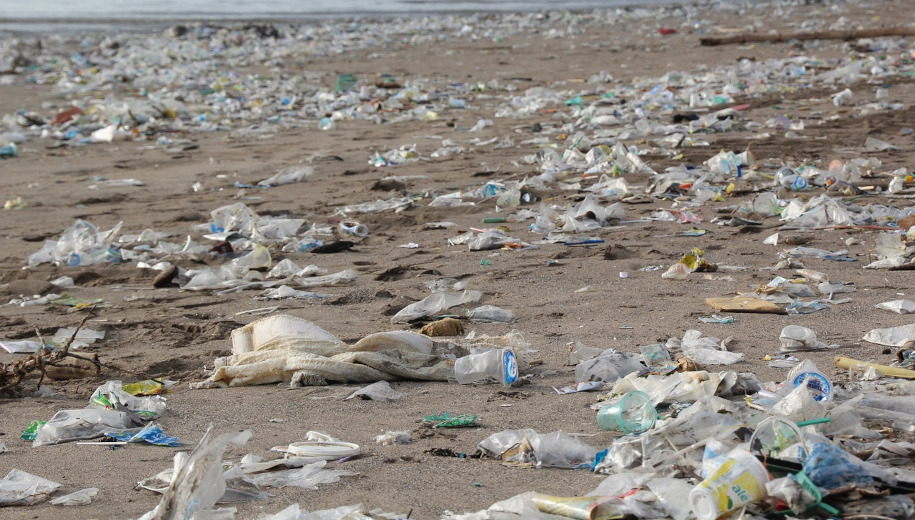As custodians of the world’s largest Ocean, the Pacific like in the climate change negotiations have the moral authority to speak out and lead international negotiations on plastic waste.
The Pacific is disproportionately affected by global plastic pollution, contributing less than 1.3 percent. Still, our ocean is inundated with the bulk of the world’s transboundary washed away plastics which has serious negative environmental, health, cultural and socio-economic consequences.
In April in the Cook Islands, the Pacific Islands met and formed a strategy for a united way forward for the Second Intergovernmental Negotiating Committee (INC) on Plastic Pollution in Paris, France in May.
Delegates discussed among other things the possible core obligations and control measures in the plastics treaty, including eliminating problematic plastics, polymers and chemical additives of concern through possible bans and restrictions and promoting the use of safe, sustainable alternatives and substitutes.
“Plastic is made from chemicals sourced from fossil fuels and for small atoll nations like Tuvalu that are already on the frontlines of climate change, we need the world to take action now,” said Moe Saitala Paulo from Tuvalu.
In 2019, plastics generated 1.8 billion metric tonnes of greenhouse gas emissions, 3.4 percent of the global total.
“Climate Change disproportionately impacts the Pacific Islands region, plastics and climate change are inextricably linked and we are working to address them in an integrated manner to achieve a resilient Blue Pacific in line with UN Decade for Ecosystem Restoration,” stated Ilana Seid, the current Chair of the Pacific Small Islands Developing States and Ambassador of Palau to the United Nations.
The delegates recognised that immediate steps were needed to bring plastic production and consumption to sustainable levels before its too late.
“The fight to end the plastic plague is not an easy one, but with a united voice, the Pacific can lead global negotiations and together we can turn the tide,” said Ionie Bolenga from Vanuatu.
“Vanuatu was the first country in the world to legally ban the use of plastic straws in 2018, that ban also included other non-biodegradable plastic, including bags and polystyrene containers. Since then, we have expanded that list to include several additional single-use products such as plastic flowers, plastic cutlery and grocery packaging like netting. Vanuatu will continue to phase out the ban on single-use plastics,” she added.
The INC was formed during the Fifth Session of the United Nations Environment Assembly in 2022, when over 190 governments agreed to the resolution to “End Plastic Pollution: Towards an International Legally Binding Instrument” on plastic pollution including in the marine environment.
This resolution is in line with the Pacific Regional Declaration on the Prevention of Marine Litter and Plastic Pollution and its Impacts, which has expressed grave concerns from our Pacific leaders about environmental, social, cultural, economic, human rights and other impacts of plastics pollution at every stage of its life cycle.
The Secretariat of the Pacific Environment Programme (SPREP), which convened the workshop, will continue its series of virtual sessions to help Pacific delegation prepare better for INC 2 in Paris.
A two-day Pacific Preparatory Meeting for Pacific Small Islands Developing States will also be held in Paris on 25 and 26 May 2023.
SOURCE: SPREP/PACNEWS














